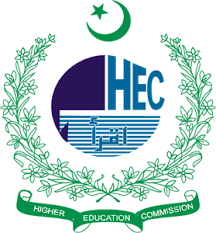MILITARIZATION AND MARGINALIZATION: THE KASHMIR PREDICAMENT
Abstract
The Kashmir conflict has been one of South Asia's most enduring and destructive disputes, posing significant threats to regional security and international peace. Beyond territorial disagreements, the issue is fundamentally grounded in humanitarian concerns, political instability, and the ongoing military occupation of the region. Since 1947, the dispute has led to multiple wars and skirmishes between India and Pakistan, with temporary ceasefires brokered through international interventions. In 1948, the United Nations intervened, emphasizing the right of the Kashmiri people to self-determination. This paper examines the impact of militarization and political marginalization in Indian-administered Kashmir, particularly following the revocation of Article 370 in 2019. By reviewing human rights reports and scholarly literature, the study highlights how the region's increasing militarization has curtailed democratic rights, civil liberties, and social equity. The research also explores how the ongoing occupation has marginalized the people of Kashmir, depriving them of fundamental freedoms and exacerbating their socio-political and economic challenges.
Key Words: Kashmir Conflict, Militarization, Marginalization, Fundamental Rights, Socio-Economic, Socio-Politics, Freedom Movement.









